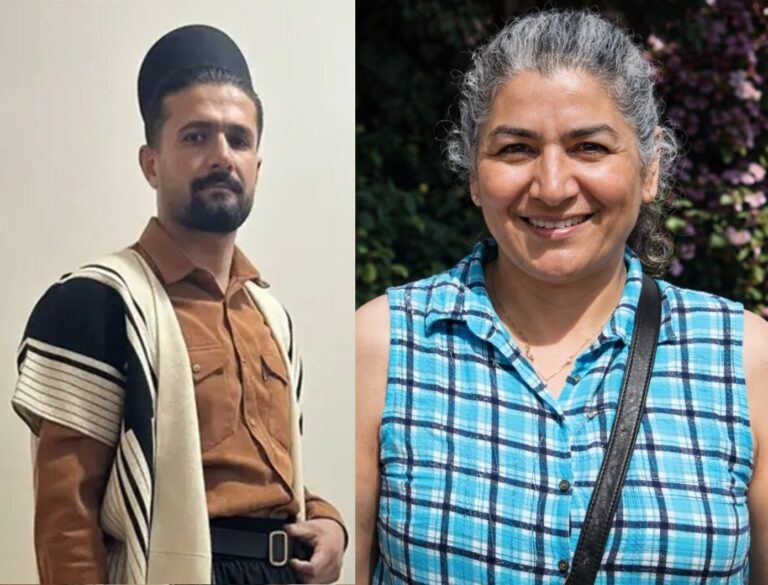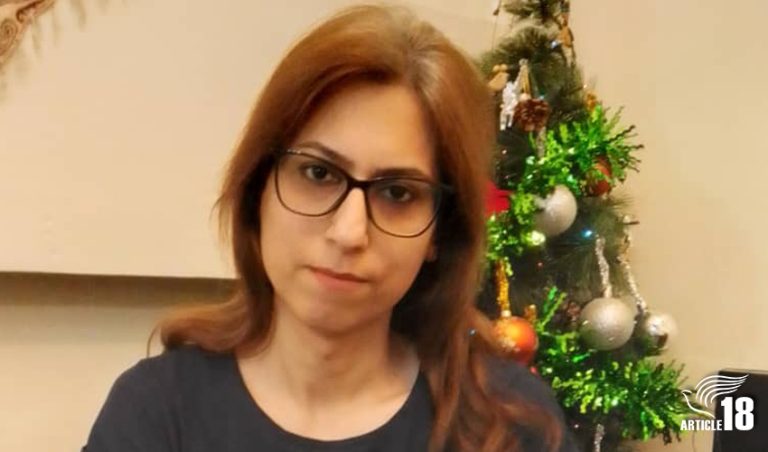Three Christians who remain in Evin Prison over eight months after their arrest will face a second court hearing later this month on “propaganda” and “collusion” charges related to their religious activities.
Joseph Shahbazian, Nasser Navard Gol-Tapeh and Aida Najaflou have been in prison since their arrest in February, with Joseph and Nasser having previously served prison sentences related to their Christian activities.
Aida faces two additional charges – “propaganda activity against the Islamic Republic of Iran in the cyberspace” and “propaganda in favour of groups or organisations opposed to the Islamic Republic of Iran” – due to allegedly posting on social media in support of the “Women, Life, Freedom” protests and against the former leader of Hezbollah, Hassan Nasrallah.
The trio were among five Christians charged in June with “gathering and collusion” and “propaganda against the Islamic Republic of Iran”, with their indictment referencing ordinary Christian acts such as praying, performing baptisms, taking Communion and celebrating Christmas as evidence of their alleged crimes. It also referred to the Bible as a “prohibited book”.
Their first court hearing, which lasted over three hours, took place on 6 September at the 15th Branch of the Revolutionary Court of Tehran, under notorious judge Abolqasem Salavati, and their next hearing is scheduled to take place on 21 October.
The two other Christians initially named in the indictment – Joseph’s wife, Lida, and another woman whose name has not been made public – are both currently out of prison on bail but neither was summoned to court, for unknown reasons.
Both Joseph and Nasser were previously “pardoned” for their alleged offences, leading Article18’s director Mansour Borji to comment: “This case is a clear example of the way in which the intelligence agencies of the Islamic Republic of Iran seek to bring fresh charges against individuals who have been released against their wishes.
“The charges make it clear that they have done nothing extraordinary but only met with other Christians to pray, as is common religious practice for Christians and adherents of many other faiths around the world. But when such activity involves Christian converts, it is considered a threat to the Islamic Republic of Iran’s national security, leading to trumped-up charges against both Christian converts like Nasser and Aida, and Christians of Assyrian or Armenian descent like Joseph.”




0 Comments